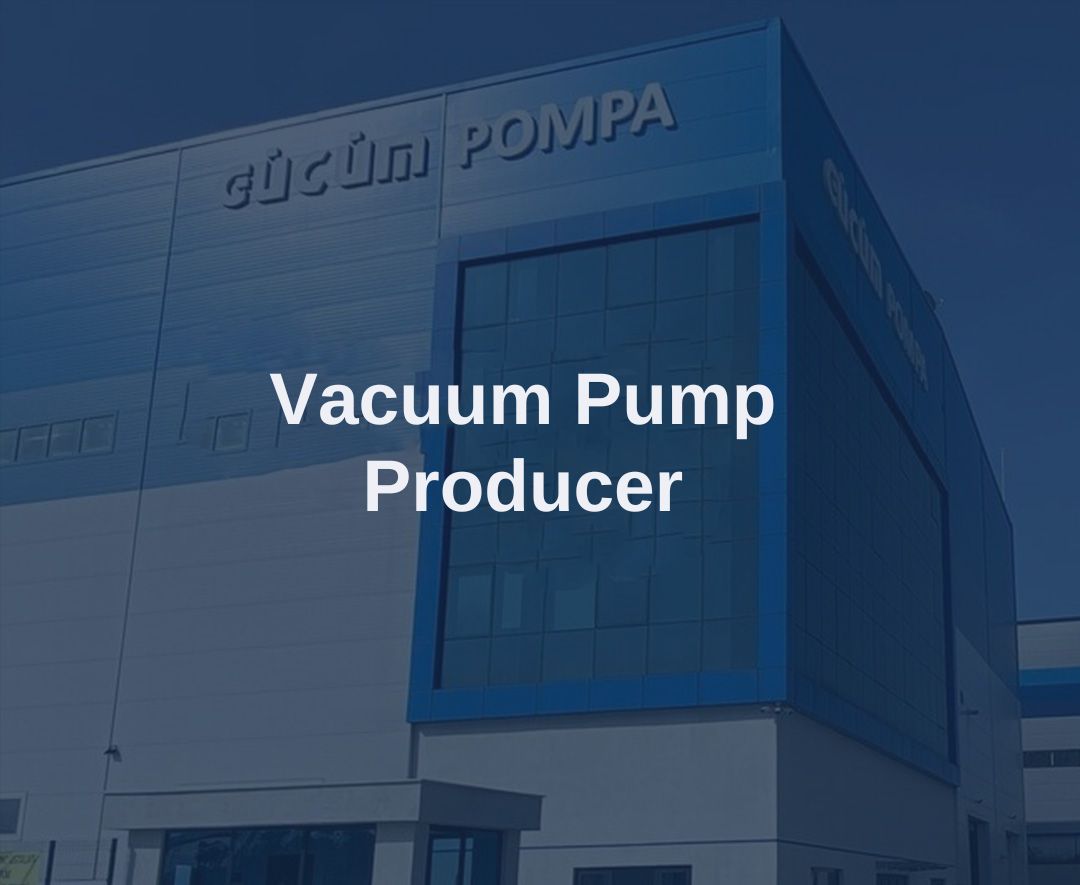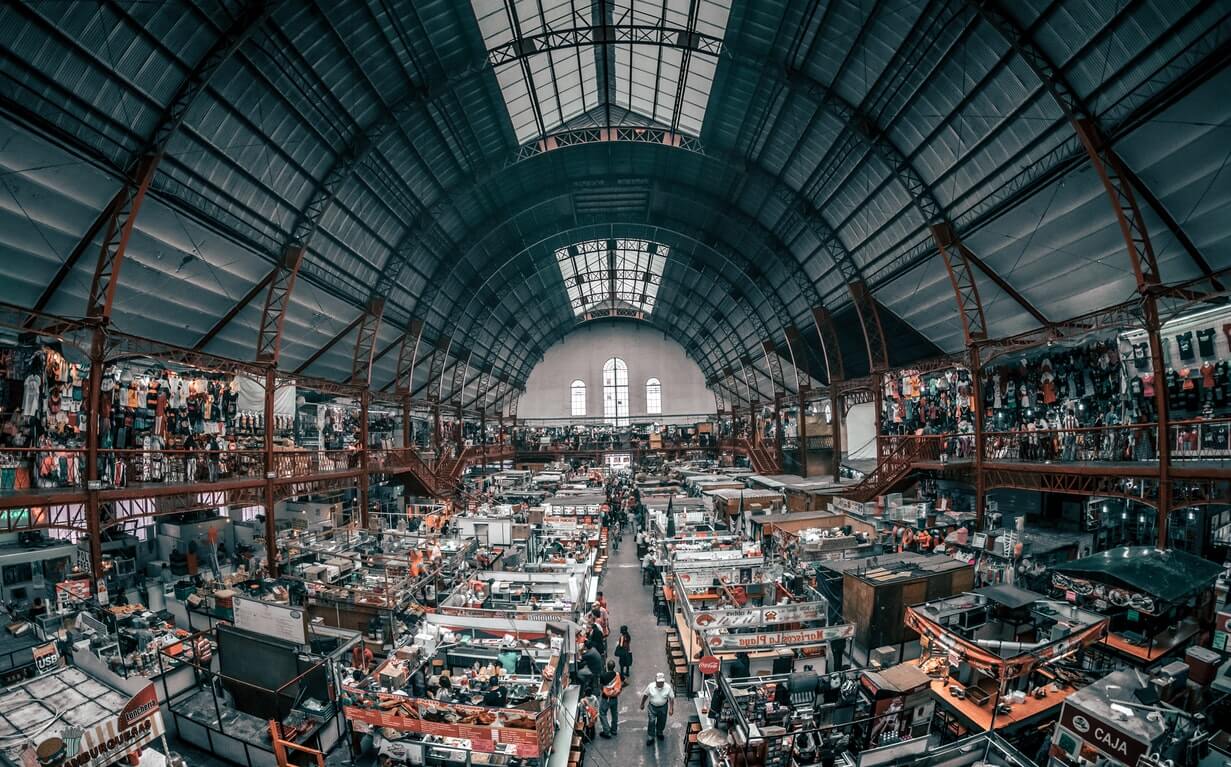Vacuum Pump Producer
Vacuum Pump Producer: Comprehensive Guide to Selection and Quality Assurance
Vacuum pump producers are key players in the design, manufacturing, and distribution of vacuum pumps, essential components in industrial processes. Used in industries such as food, pharmaceuticals, semiconductors, chemicals, energy, automotive, and aerospace, these pumps enhance production efficiency and process quality. However, selecting the right vacuum pump producer is a critical decision impacting performance, durability, energy efficiency, and long-term cost benefits. With numerous producers in the global market, an incorrect choice can lead to production downtime, high maintenance costs, or non-compliance with standards. This guide thoroughly explores the key factors to consider when choosing a vacuum pump producer. Manufacturing capacity, technological innovation, quality standards, customization options, customer support, and environmental sustainability are pivotal in ensuring long-term success for facilities.
Producer’s Experience and Industry Expertise
When selecting a vacuum pump producer, the company’s experience and industry expertise are primary criteria. A long history of manufacturing indicates that the producer understands the needs of various industries and delivers reliable solutions. Producers specializing in sectors like food, pharmaceuticals, semiconductors, chemicals, and energy can provide industry-specific solutions. For instance, the food industry requires hygienic, oil-free pumps, while semiconductor production demands ultra-high vacuum (UHV) systems. Chemical industries need corrosion-resistant pumps, and energy sectors seek high-capacity, durable models. The producer’s past projects, customer references, and industry success stories should be reviewed to assess their expertise. For example, a producer that has successfully supplied food processing plants in Europe or semiconductor factories in Asia demonstrates industry competence. Additionally, R&D investments reflect the producer’s commitment to innovation. R&D efforts show that the producer keeps pace with industry trends and develops next-generation pumps. For instance, offering IoT-based monitoring systems or energy-efficient models ensures long-term reliability. Facilities should analyze the producer’s industry knowledge, technological capacity, and global market performance in detail.
Manufacturing Capacity and Product Range
A successful vacuum pump producer must offer a wide product range and high manufacturing capacity. Different industries and applications require various models, such as rotary vane pumps, dry pumps, liquid ring pumps, turbo molecular pumps, or diaphragm pumps. The producer’s portfolio should cover low to ultra-high vacuum levels. For example, the chemical industry demands corrosion-resistant pumps, while pharmaceuticals require hygienic models compliant with FDA or EHEDG standards. Producers offering customization deliver tailored solutions. For instance, a semiconductor facility may need a customized turbo molecular pump to achieve a specific vacuum level. Additionally, providing pumps in various capacities and sizes ensures seamless integration in global markets. The producer’s manufacturing facilities, equipped with technologies like CNC machines, 3D modeling, or automation systems, directly impact product quality. Facilities should evaluate the producer’s product variety, customization capabilities, and manufacturing reliability. For example, a producer capable of fulfilling high-volume orders quickly demonstrates robust manufacturing capacity.
Quality Standards and Certifications
A vacuum pump producer must provide products compliant with international quality standards. Certifications like GMP (Good Manufacturing Practices), ISO 9001, or ISO 13485 are mandatory for food and pharmaceutical industries. Additionally, CE marking or UL certifications ensure product reliability and global market acceptance. The producer’s certification portfolio confirms that products have undergone quality testing and meet industry requirements. For example, a food processing facility may require pumps with EHEDG certification. Facilities should review the producer’s documentation to verify compliance. The producer’s quality control processes, such as testing during production, material analysis, or durability trials, enhance product reliability. For instance, a semiconductor plant may prefer dry pumps with special coatings for ultra-clean environments. Commitment to quality standards is a critical indicator of long-term partnership success.
Energy Efficiency and Environmental Sustainability
Energy costs are a significant part of industrial operating budgets. Therefore, a vacuum pump producer should offer energy-efficient products. Variable Speed Drive (VSD) technology optimizes energy consumption and reduces operating costs. For example, a VSD-equipped rotary vane pump can save up to 30% energy by adjusting speed based on demand. Pumps aligned with environmental sustainability goals reduce carbon footprints and comply with regulations. Certifications like ENERGY STAR or ISO 50001 validate environmental performance. Facilities should analyze energy consumption values (kW/hour) and performance coefficients for long-term savings. Eco-friendly production processes, such as recyclable materials or low-emission manufacturing, reinforce the producer’s sustainability commitment. For instance, a food facility using an energy-efficient pump can lower costs and approach carbon-neutral goals.
Technological Innovation and R&D Capacity
Technological advancements play a key role in choosing a vacuum pump producer. Smart pumps with IoT integration and remote monitoring optimize performance. For instance, pumps with real-time data analysis monitor energy use and detect issues proactively. The producer’s R&D activities reflect their capacity for innovative solutions. For example, a pump equipped with vibration sensors can send early warnings to prevent downtime. R&D investments are critical for developing next-generation pumps. A producer using simulation software to create low-energy dry pumps or ultra-high vacuum systems demonstrates technological leadership. Facilities should evaluate the producer’s commitment to technological advancements and the ease of integrating smart systems.
Customer Support and Technical Service
A vacuum pump producer must provide robust customer support and a reliable technical service network. Vacuum pumps often operate 24/7 in industrial facilities, and any failure can significantly disrupt production. Thus, the producer’s ability to offer fast and effective technical support is critical. Local service centers, spare parts availability, and 24/7 support are essential for uninterrupted production. For example, a chemical plant may require rapid service for a corrosion-resistant pump. Producers offering remote monitoring or diagnostic systems facilitate proactive maintenance. For instance, an IoT-enabled pump can transmit performance data to the producer for preemptive issue resolution. Facilities should assess the producer’s service network, response times, and warranty terms.

Material Quality and Durability
The longevity of vacuum pumps depends on the material quality used. Corrosion-resistant materials, such as stainless steel or specially coated components, are vital in chemical or pharmaceutical industries. Hygienic materials ensure compliance in food and pharmaceutical sectors. For example, a food facility may require FDA-approved materials. High-quality materials enhance durability in harsh conditions and reduce maintenance costs. Facilities should review the producer’s material selection and quality control processes. For instance, a semiconductor plant may prefer dry pumps with special coatings for ultra-clean environments. Durable materials extend pump lifespan, lowering total cost of ownership.
Cost and Return on Investment
When selecting a vacuum pump producer, both initial costs and long-term return on investment (ROI) must be considered. High-quality pumps may have higher upfront costs but reduce total ownership costs through energy efficiency, low maintenance, and durability. For example, energy-efficient pumps can cut operating expenses by 20-30% annually. The producer’s warranty terms, spare parts costs, and service expenses should be analyzed. For instance, a liquid ring pump with corrosion-resistant materials may require less maintenance, boosting ROI. Facilities should assess the price-performance balance to select the optimal solution.
Customer Feedback and References
When choosing a vacuum pump producer, customer feedback and references should be evaluated. Customer satisfaction provides insights into product quality, service support, and reliability. For instance, experiences from other facilities in the same industry are valuable for assessing performance. Successful project references demonstrate the producer’s ability to deliver solutions for complex applications. Facilities should review past projects and customer reviews.
Transparency in Manufacturing Processes
A vacuum pump producer should offer transparency in manufacturing processes. The technological infrastructure of production facilities, quality control procedures, and raw material supply chain directly impact product reliability. For example, a producer conducting ISO 9001-compliant quality audits during manufacturing ensures product consistency. Transparent processes build customer trust and strengthen long-term partnerships. Facilities should evaluate the producer’s manufacturing processes, factory audits, and supply chain management.
Selecting the right vacuum pump producer directly impacts operational efficiency, costs, and production quality. Factors like experience, manufacturing capacity, quality standards, energy efficiency, technological innovation, customer support, material quality, cost, references, and transparency must be carefully evaluated. This guide helps facilities choose the optimal producer for long-term success and competitive advantage.


